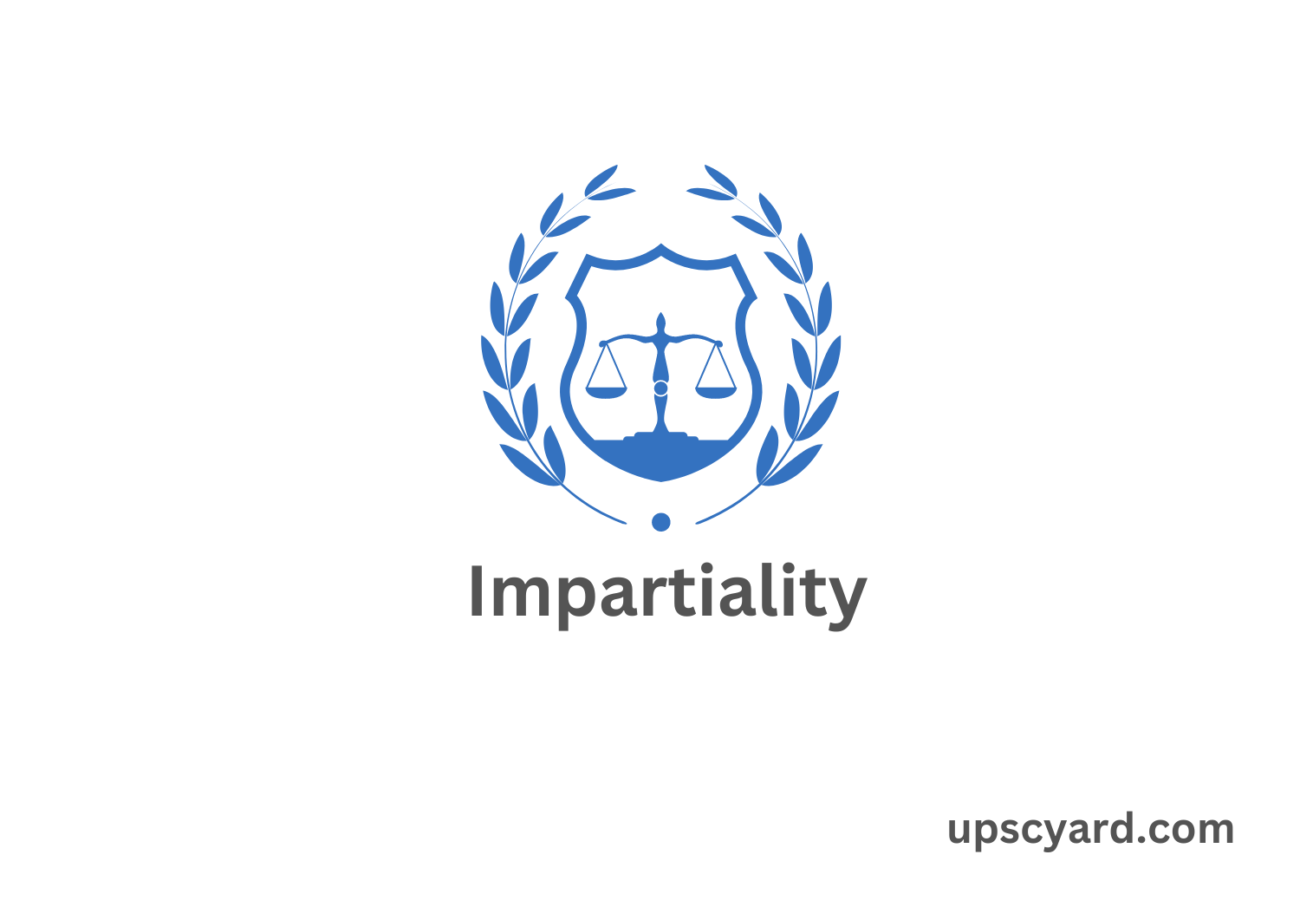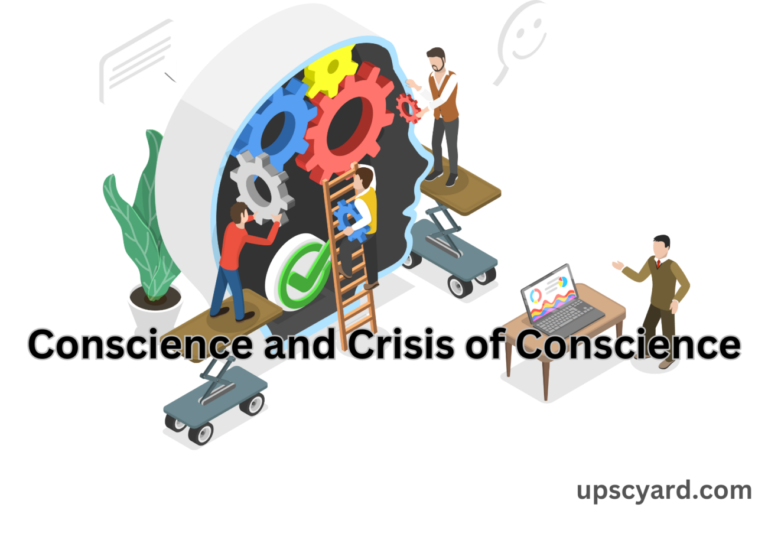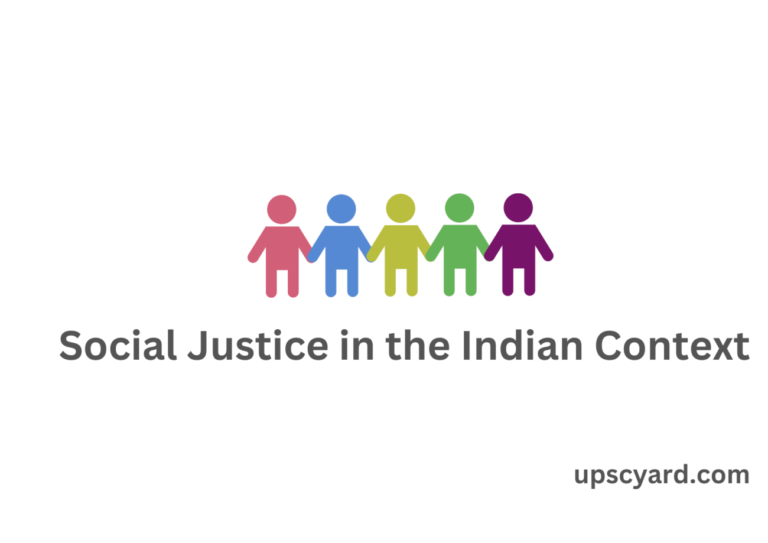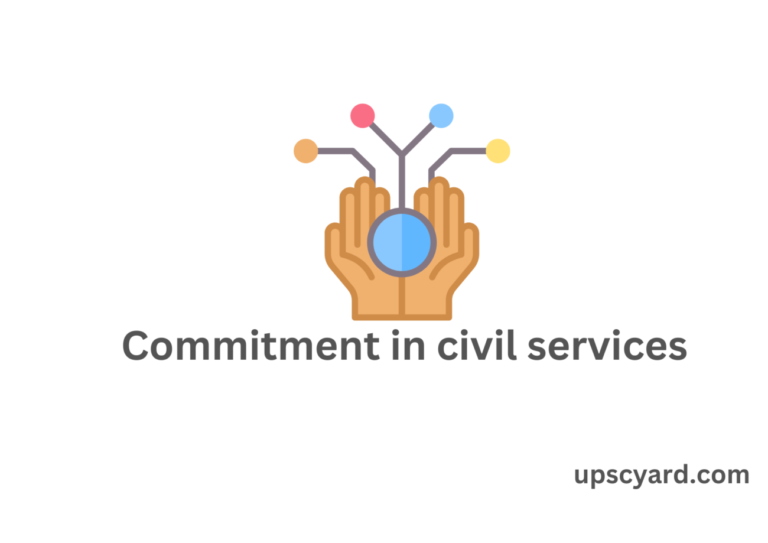Impartiality and Non Partisanship
Impartiality
Impartiality, a key principle of justice, dictates that decisions must be grounded in objective criteria rather than influenced by bias, prejudice, or favoritism towards any individual, entity, or organization. It is synonymous with even-handedness and fairness, ensuring that judgments are made without partiality or discrimination.
- Impartiality is not a unitary concept linked only to morality; there are various behaviors described as impartial, some unrelated to morality.
- Different interpretations of impartiality exist, including an ideal observer theory where an impartial agent or observer is considered.
- Consequentialist impartiality demands treating all individuals impartially, but it also permits certain forms of partiality in specific cases.
- Deontological impartiality requires consistent moral judgment, but it allows for first-order partiality in everyday decisions.
- The debate over impartiality involves considering the role of partiality in relationships and its compatibility with moral principles.
Relevance of Impartiality in Public Service
Impartiality is a fundamental aspect of public service and serves as the cornerstone of a public servant’s commitments. It requires a public servant to remain unbiased and refrain from making decisions based on nationality, race, religion, or political beliefs. The principle of non-partisanship forms the basis of their service, defining the roles and responsibilities of public servants.
The administrator must exercise his discretionary powers without any bias or prejudice. It is crucial for him to refrain from showing favoritism while making decisions.
A fair and impartial DM/SP will earn the respect of the people, leading to their support and cooperation in handling different conflict management situations.
Non Partisanship
Non partisanship denotes a condition of being unaffiliated with any specific political party or ideology, displaying neutrality and lack of bias in political affairs, and refraining from favoring one party over another. It is commonly linked with principles of fairness and objectivity.
An IPS officer always bears in mind that they belong to the Indian Police Service and highly uphold impartiality. They refrain from favoring either right-wing or left-wing parties, and they do not align themselves with centrist parties or the anarchist movement. In essence, they are apolitical and make a conscious effort to distance themselves from political involvement.
Upholding non partisanship can pose challenges, as individuals may be influenced by their personal beliefs and opinions, impacting their decisions. However, it remains a crucial principle to pursue, as it fosters fairness and impartiality.
Relevance of Non Partisanship in Public Service
Non partisanship ensures a strong and professional relationship between elected representatives and government servants. For instance, it can enhance and preserve the credibility of a chief secretary irrespective of the political party in authority.
When civil servants maintain their non partisanship, they can offer precise and unbiased information to ministers, thereby helping them fulfil their constitutional duties in the legislature.
Most importantly, non-partisanship plays a key role in fostering a professional bureaucracy and upholds the public’s trust in the civil service.
Ways to guarantee impartiality and non-partisanship in governance
Enforcing Impartiality and Non-Partisanship in Governance:
- Establishing independent review mechanisms: Independent review mechanisms offer an additional layer of oversight to ensure fairness and impartiality in decisions and actions.
- Establishing clear rules and guidelines: Organizations can establish clear rules and guidelines for decision-making and conduct, promoting impartial and nonpartisan behavior among individuals.
- Providing training and education: Training programs can educate individuals about the significance of impartiality and nonpartisanship and how to avoid personal biases while making decisions.
- Implementing conflict of interest policies: Organizations can adopt conflict of interest policies to prevent individuals with conflicting personal or financial interests from participating in decision-making processes.




